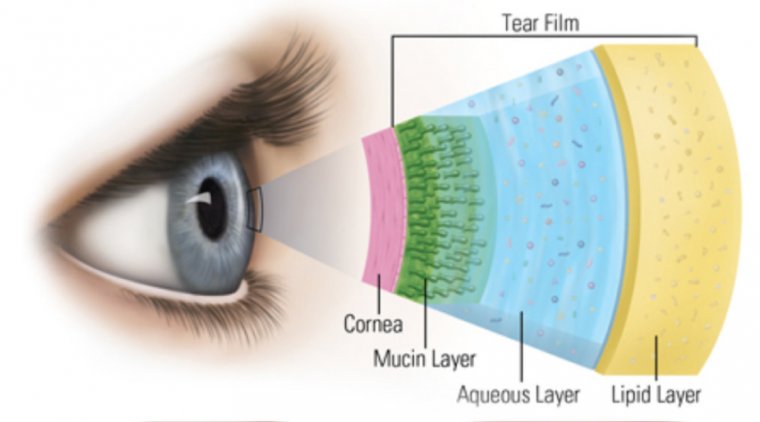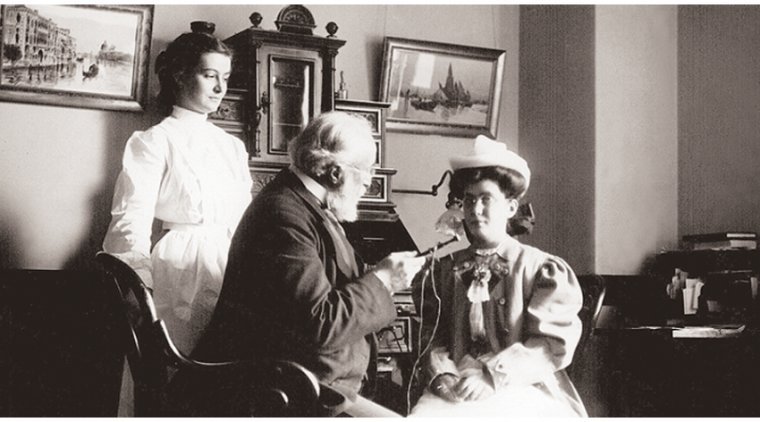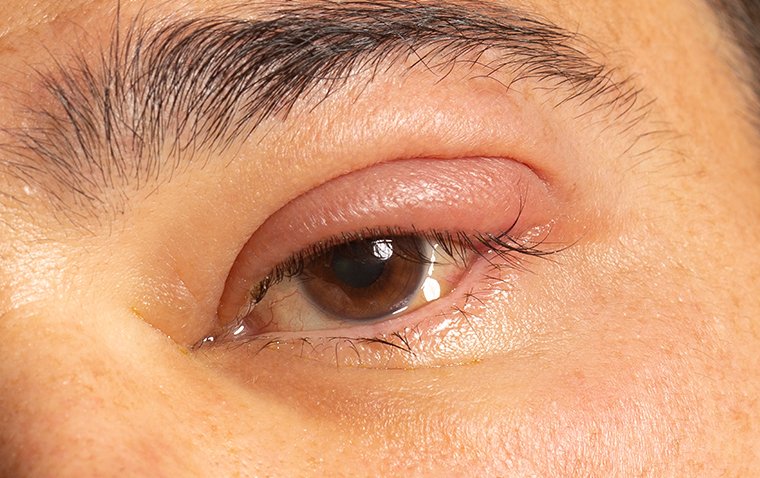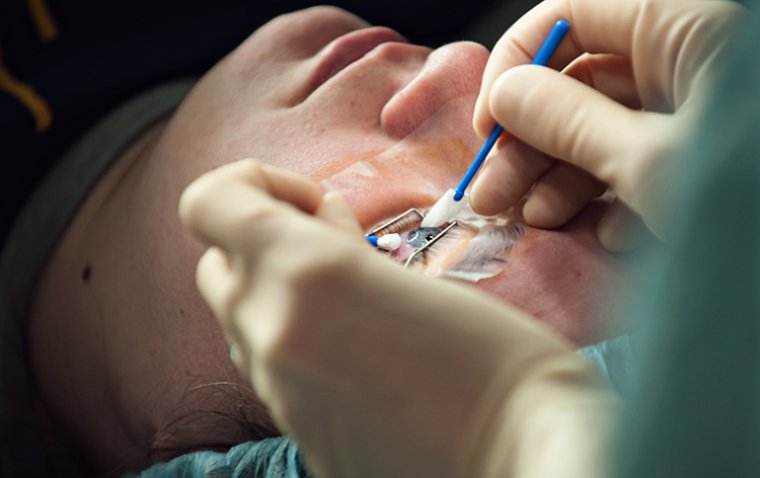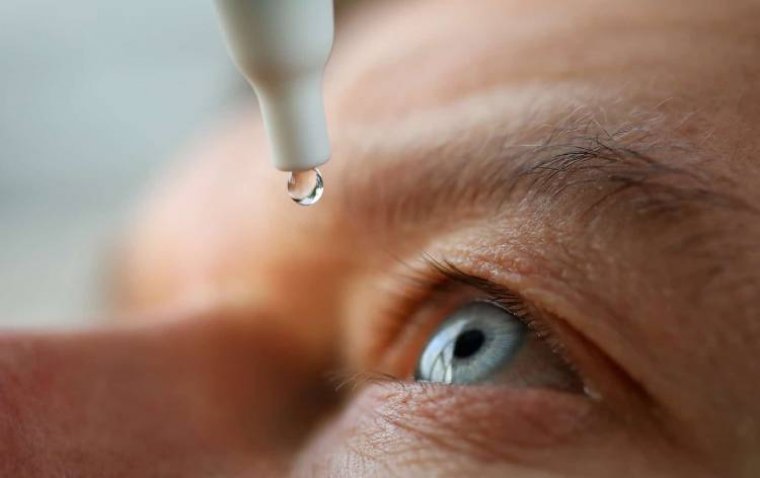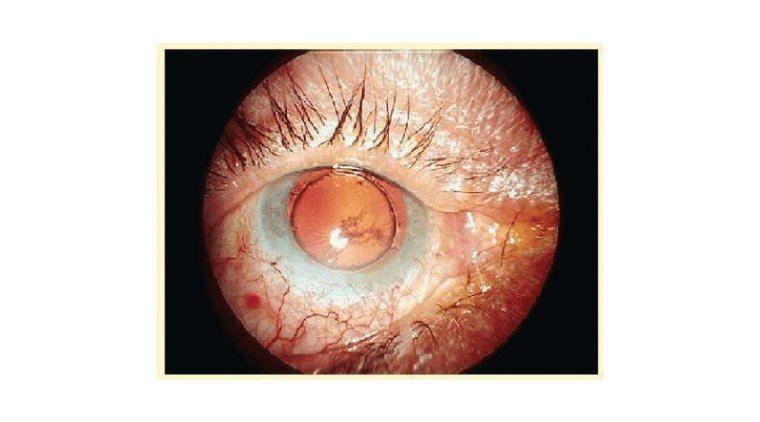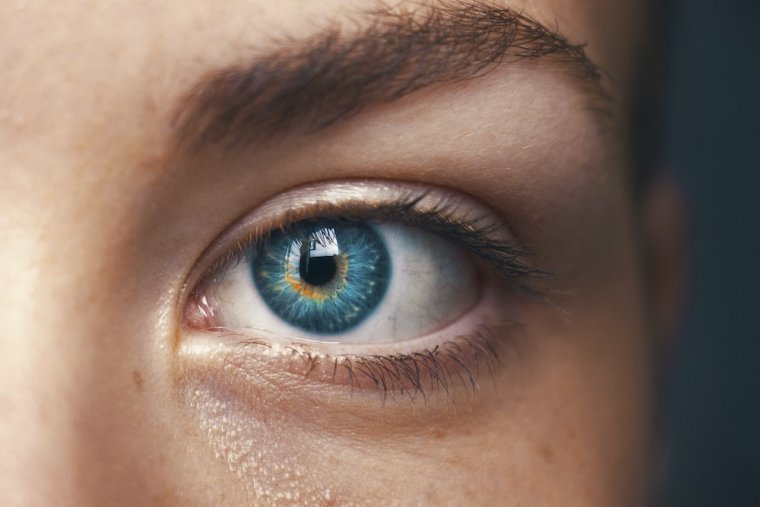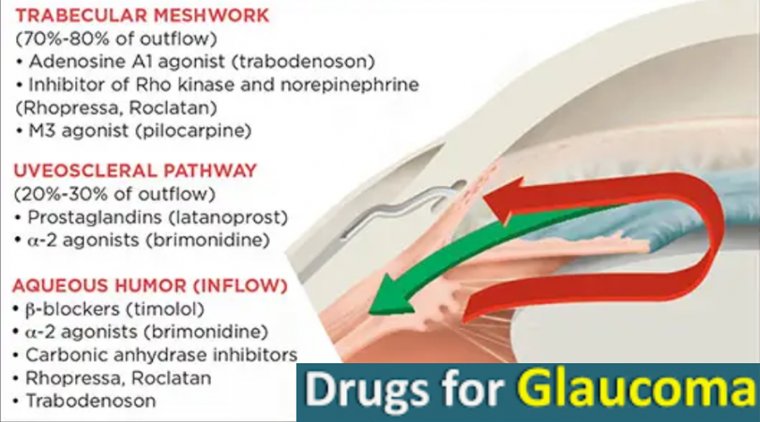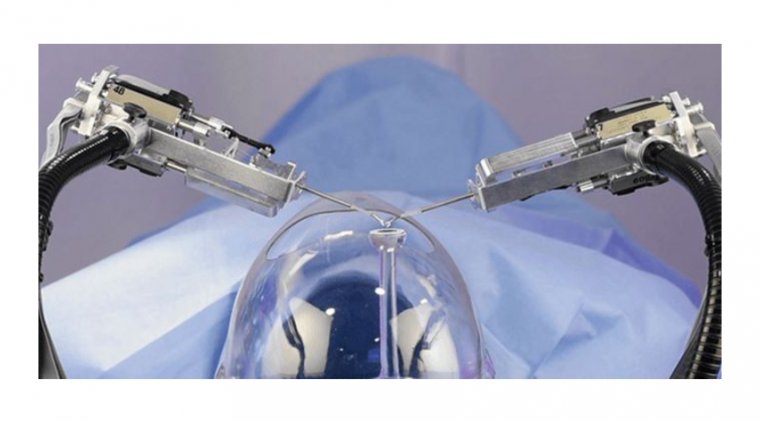
The Human Hand vs. The Robotic Arm: The Debate over Cataract Surgery
Cataract surgery has come a long way since its invention over 2,000 years ago. With the advancements in technology, the question on everyone's mind is whether robots will take over the industry and perform all cataract surgeries.
In order to get a better understanding of this, we conducted a survey on LinkedIn asking attendees "Do you think robotic cataract surgeries will take over the industry?" The results were surprising - 48% of attendees said no, 34% said yes and 18% said maybe.
So why do half of the attendees believe that robots can't replace human surgeons in cataract surgery? Let's take a closer look at the advantages and disadvantages of using robots in cataract surgery.
Advantages of Robotic Cataract Surgery:
- Increased precision: Robots are able to perform precise and consistent movements, leading to improved surgical outcomes.
- Reduced human error: The use of robots eliminates the risk of human error, providing a higher level of safety for patients.
- Improved speed: Robotic cataract surgery can be performed more quickly compared to traditional manual surgery.
Disadvantages of Robotic Cataract Surgery:
- Lack of creativity: Robots lack the ability to make creative decisions and solve unexpected problems during surgery.
- Lack of human touch: A robot cannot feel the eye or interpret the subtle nuances of the anatomy in the same way a human surgeon can.
- The importance of the surgeon-patient relationship: The relationship between a surgeon and a patient is critical to the success of a cataract surgery. A surgeon's ability to explain the procedure, answer questions, and provide reassurance to the patient is an essential aspect of the surgical experience that a robot cannot replicate.
The Best of Both Worlds: The Importance of Combining Robotics and Human Expertise in Cataract Surgery
The truth is, robots and human expertise are not meant to be competitors, but partners in the field of cataract surgery. Combining the strengths of both leads to the best possible outcomes for patients. Here's why:
Robots bring precision: Robots are designed to perform precise and consistent movements, leading to improved surgical outcomes. This precision is especially important in the delicate and intricate process of cataract surgery.
Humans bring experience and creativity: Human surgeons bring years of experience and the ability to make creative decisions in response to unexpected problems during surgery. They also have a unique ability to interpret the subtle nuances of anatomy and make necessary adjustments during the procedure.
The human-robot relationship is crucial: The relationship between the surgeon and the robot is just as important as the relationship between the surgeon and the patient. The surgeon must have the ability to control and guide the robot, making adjustments as needed during the procedure. This level of control ensures that the surgery is performed to the highest standards and provides the best possible outcome for the patient.
In conclusion, while robots have the potential to revolutionize the field of cataract surgery, many ophthalmologists believe that human surgeons are still necessary for a successful outcome. While robots can assist in certain aspects of the procedure, the human touch and experience remain critical to ensuring the best possible outcome for patients.
(1).jpg)
.PNG)

